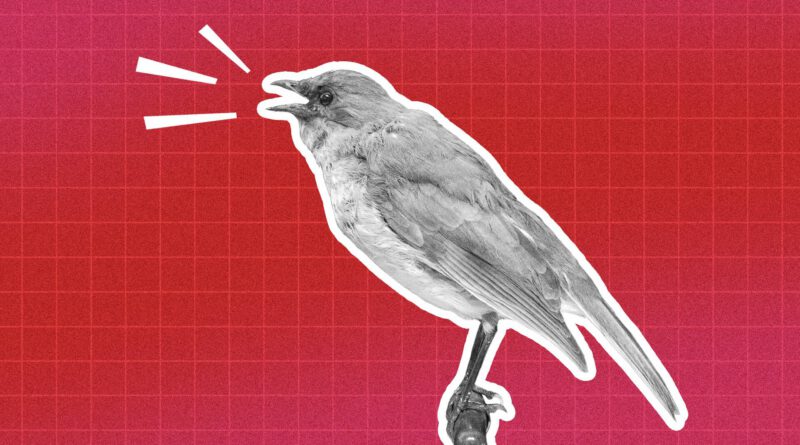These animals went extinct in 2023
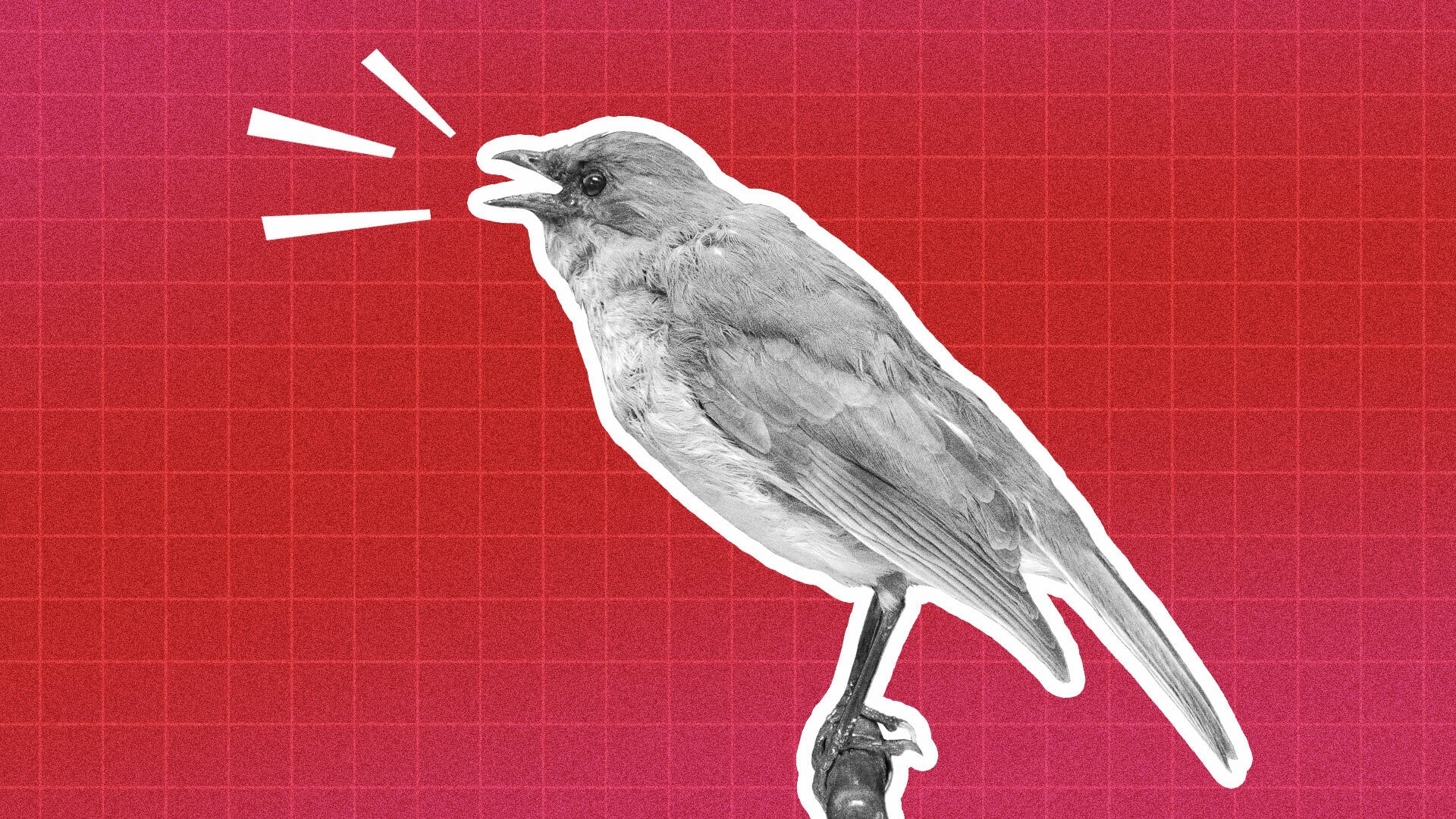
Extinction isn’t a relic of humanity’s more barbaric past. It’s happening now.
In 2023, scientists declared 21 species officially extinct, all in the U.S. Included on the shameful list are birds, mussels, fish, and a mammal. Destroyed habitat, pollution, climate change, exploitation, and invasive species are the culprits. Today’s rate of extinction is “at least tens to hundreds of times higher” than extinctions that occurred over the past 10 million years, the UN has found.
Yet biologists and conservationists are fighting to spare the many endangered species that aren’t confirmed extinct, a cause that has saved a diversity of animals and plants in recent decades: the bald eagle, humpback whale, American alligator, whooping crane, and beyond.
“Until it’s too late, it’s not too late,” Sea McKeon, a biologist and director of the Marine Program at the American Bird Conservancy, told Mashable.
In 2023, the U.S. Fish and Wildlife Service declared that it was too late for the following species (they had earlier proposed removing these species from the inventory), but underscored its focus to save the many other vulnerable, still-breathing species. “The ultimate goal is to recover these species, so they no longer need the [Endangered Species] Act’s protection,” Fish and Wildlife Service director Martha Williams said in a statement.
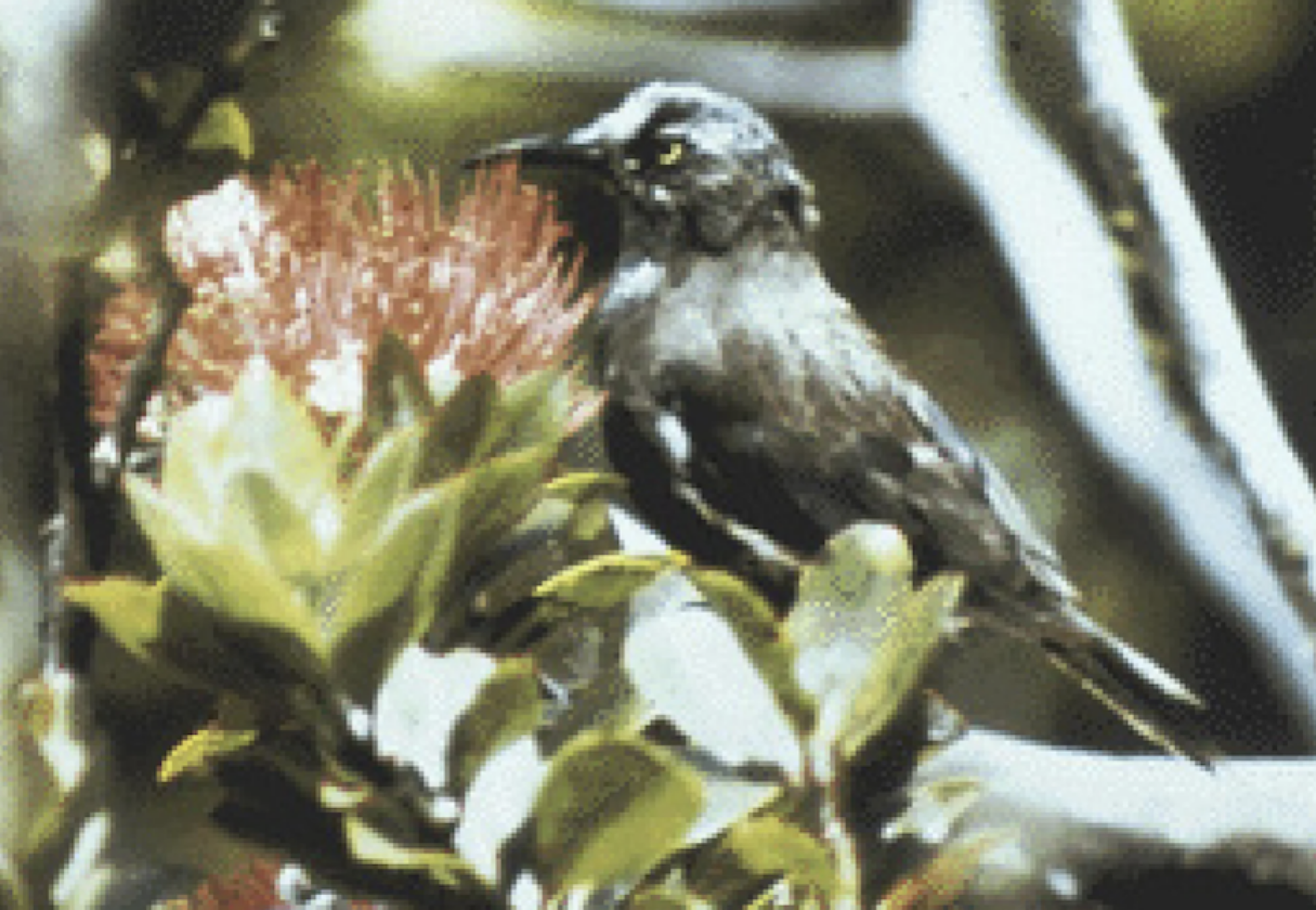
The birds that went extinct
– Bachman’s warbler (once found in Florida, South Carolina)
– Bridled white-eye (Guam)
– Kauai akialoa (Hawaii)
– Kauai nukupuu (Hawaii)
– Kauaʻi ʻōʻō (Hawaii)
– Large Kauai thrush (Hawaii)
– Maui ‘ākepa (Hawaii)
– Maui nukupuʻu (Hawaii)
– Molokai creeper (Hawaii)
– Po’ouli (Hawaii)
Island species are particularly vulnerable to extinction, as they often exist nowhere else. The native birds in Hawaii, which might inhabit just one island or a particular island area, have been decimated by climate change, disease, and invasive predators.
“There simply is no more time on the clock.”
To quell bird extinction on the most remote (by distance) islands in the world, the state of Hawaii is collaborating with the Fish and Wildlife Service and conservationists to vastly reduce the population of invasive mosquitoes that infect birds with avian malaria. Different types of pest management are being considered.
“These mosquitoes coupled with climate change are an existential threat to Hawaiian birds,” McKeon explained. “This is a big move that conservationists are trying to make. We need all hands on deck.”
“There simply is no more time on the clock,” he added.
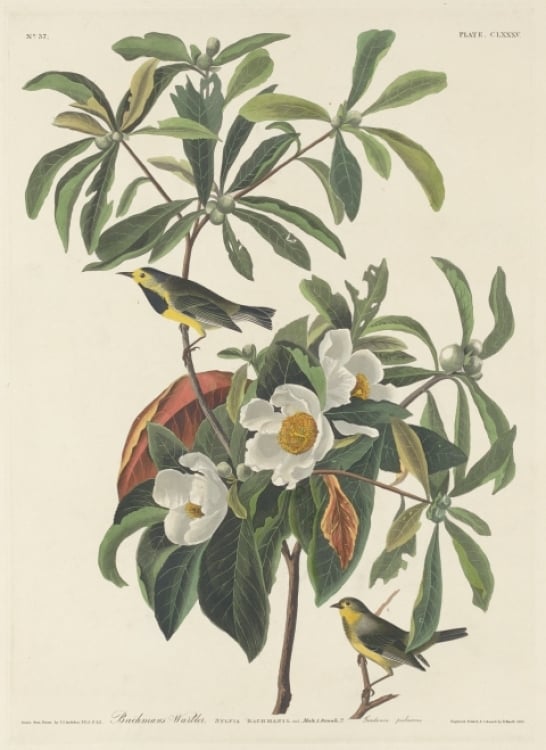
Many land and water species from the U.S. Southeast also appear on the 2023 list, including the vivid Bachman’s warbler, a songbird placed on the endangered species list in 1967. Clear-cut logging eliminated this animal’s swampy habitat, and led to the population’s demise.
“These are some of the most famous songbirds in the world,” McKeon said, speaking of both the Bachman’s warbler and related warbler species. “We lost [them] due to a lack of protection for these habitats.”
The mussels that went extinct
– Flat pigtoe (Alabama, Mississippi)
– Southern acornshell (Alabama, Georgia, Tennessee)
– Stirrupshell (Alabama, Mississippi)
– Upland combshell (Alabama, Georgia, Tennessee)
– Green-blossom pearly mussel (Tennessee, Virginia)
– Tubercled-blossom pearly mussel (Alabama, Illinois, Kentucky, Tennessee, Michigan, Ohio, West Virginia)
– Turgid-blossom pearly mussel (Alabama, Arkansas, Tennessee)
– Yellow-blossom pearly mussel (Alabama, Tennessee)
Mussels, filter-feeding animals that live protected inside shells, are vital parts of freshwater ecosystems. They filter out harmful toxins (certain algae and bacteria) and provide food and habitat for a multitude of species.
“This is an evolutionary winner, and we’re losing them quickly.”
Mussels have also evolved impressive adaptations to thrive. “Freshwater mussels are really amazing,” McKeon said. When born, they are just floating plankton, so the species has developed remarkable ways to adhere to animals like fish to keep upstream and avoid haplessly floating away from their ecosystem.
“It’s amazing,” McKeon marveled. “This is an evolutionary winner, and we’re losing them quickly.”
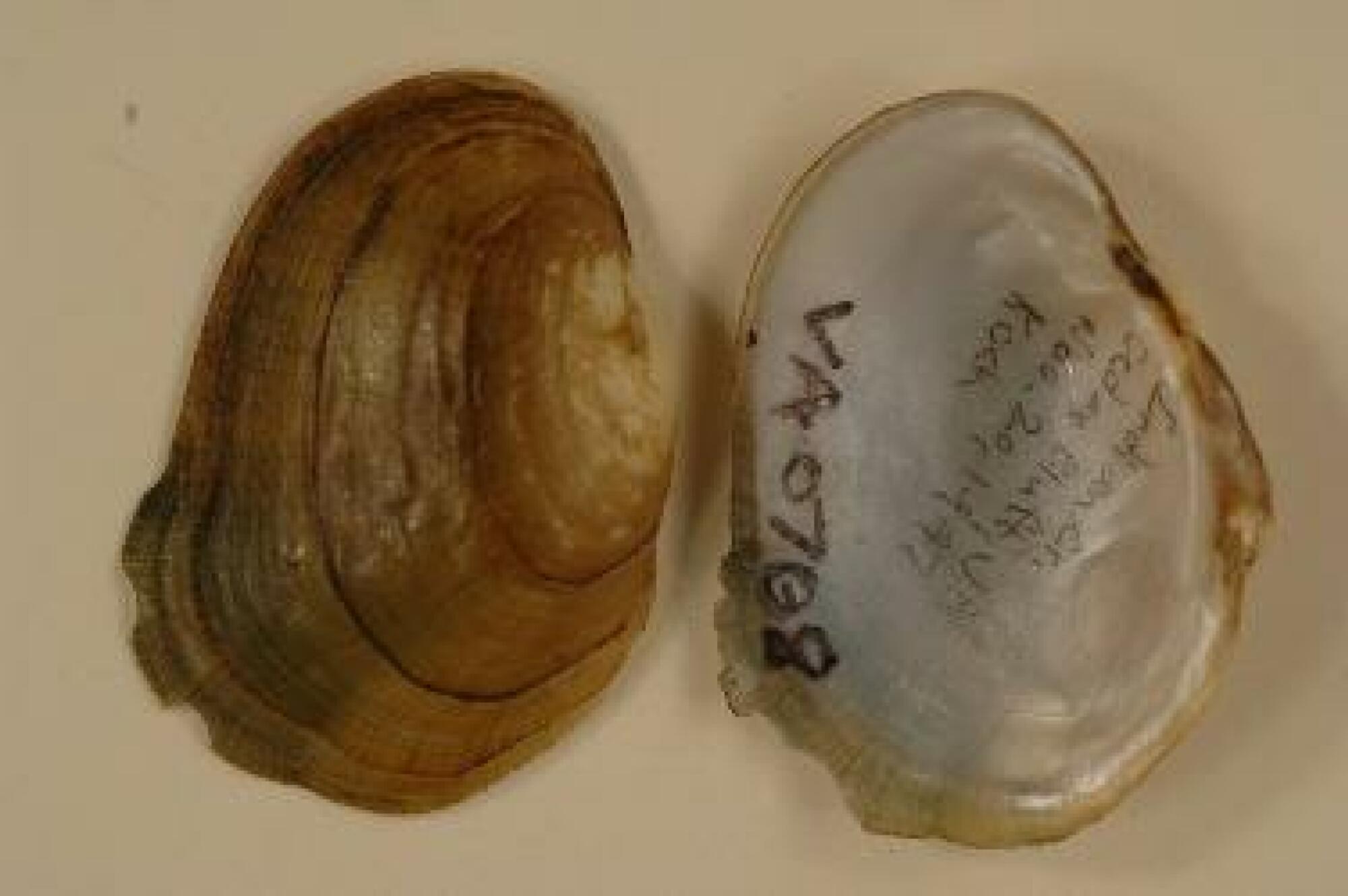
The fish that went extinct
– San Marcos gambusia (Texas)
– Scioto madtom (Ohio)
The mammal that went extinct
– Little Mariana fruit bat (Guam)
What you can do to help stop extinction
Today, over 1,480 endangered or threatened species remain on the Fish and Wildlife Service’s list. But we’re not helpless. You can make a difference, too.
– Help endangered species where you live: Conservationists suggest putting pressure on cities or local governments to protect dwindling species. For example, there are mussels on the brink of extinction in Big Darby Creek outside of Columbus, Ohio. But the local government wants to increase wastewater runoff into the creek. “The fate of the mussels is in the hands of these city planners,” Tierra Curry, a conservation biologist at the Center for Biological Diversity, an organization that works to protect endangered species, told Mashable in 2021. “It’s extinction playing out in real time.”
– Have a cat? Keep it indoors: Domestic cats slaughter birds. “We could save a huge number of birds,” the bird biologist Nico Arcilla told Mashable in 2019. Arcilla noted that cats are either the number one or number two killer of birds in North America. “Just one person keeping their cat indoors can save hundreds, maybe thousands, of birds. That’s a no-brainer.”
– Have a yard? Plant native plants: Lawns are ecological disasters. But native vegetation is habitat for diverse life.
– Pay close attention to your consumer decisions: “Your voice is loudest when heard through your dollar,” McKeon said. “Make informed decisions.”
“Your voice is loudest when heard through your dollar.”
This could mean making sure the products you buy come from recycled sources, like post-consumer sourced toilet paper or plastics. Plastics, for example, are consumed by marine animals and can be fatal to these wild creatures.
“Anything you can do to reduce plastics going into the ocean is a good move,” McKeon emphasized.
